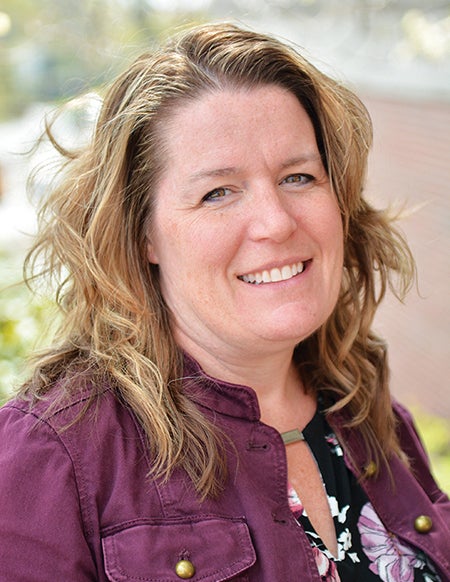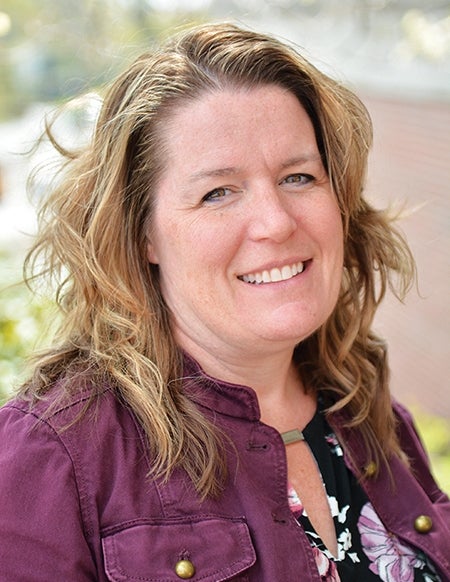Is our healthcare system healthy? Are we, as a nation, getting healthier? Consider the good, bad & ugly.

The Good. There are continuous breakthroughs in medical research, technology, diagnosis and treatment. With proper care, people are living longer and enjoying a better quality of life. There’s greater public awareness of health issues like opioid addiction. There’s an increasing recognition of the social determinants of health: 80% of health outcomes are attributable to the environment, health behaviors like diet and exercise, and socioeconomic factors such as employment, education, community safety, family and social support. That new understanding has led to positives like new partnerships between hospitals and community groups, and insurers developing ways to cover non-medical determinants.
The Bad. According to Gallup polling, one in four Americans have skipped medical care for fear of rising costs. Newsweek reported a caravan of Americans cross the Canadian border to get affordable medical care – insulin costing $700 in Minnesota was $65 in Canada. Last year, 643,000 Americans went bankrupt due to medical bills.
The Ugly. A new Centers for Disease Control report found more than 30 million Americans did not have health insurance in 2018. Mental health is not covered as much as clinical health. Most Americans don’t exercise enough or eat healthfully. Many never see a physician unless they are seriously ill or injured. Ignorance on vaccines has led to spread of preventable disease.
As president and CEO of a nonprofit, I regularly see the good, bad and ugly. As a human services organization, we help thousands lead healthier lives – elderly, disabled, refugees, teen moms. I see the bad – many suffer from lack of healthcare. And I often see the ugly because government-funded programs have slashed assistance.
Here’s what we face: If we’re going to get healthier as a nation, we need to think beyond medical care. We need a system not just focusing on waiting until symptoms indicate a clear diagnosis. And we must ask: Why are so many Americans getting sicker?
We have answers. We know mental health should gain parity with clinical health. We know big pharma is driving the conversation when we need a big picture view – and real solutions.
Surely you are familiar with this pitch from TV pharma ads: “Ask your doctor if (pill) is right for you.” That line usually comes after the warning of possible side effects. It’s meant to educate (i.e. steer) consumers, since the product is pitched as the solution.
What if those of us in human services and health care did more to pitch consumers, similarly?
For example, pills don’t solve the causes of stress. No drug prepares you to cope with the pain of elderly parents with dementia refusing to enter a nursing home. And financial stress can turn healthy people into sick patients – even those fortunate enough to have insurance coverage. Yet doctors are often frustrated they know of no place to refer patients for helping them overcome such causes.
But if you’ve lost your job, or hate a job that is driving you toward stress-induced illness, what then?
Imagine an ad saying this: “Stressed? Depressed? Ask your doctor if employment counseling is right for you.” Or if someone is unable to travel to a job or job interview: “Ask your doctor if transportation is right for you.” Or for the homeless, “Ask your doctor if housing is right for you.”
Instead of just getting prescriptions for medications, people need prescribed services to improve health.
When we imagine helping people like this, it’s true we’re talking about huge numbers. And there’s already a dispiriting lack of funding for human services. But it’s not as if this shift in direction is impractical or impossible.
Europe does the opposite of the U.S. It spends more money to prevent the causes of illness, rather than just wait to treat symptoms – about $2 on human services for every $1 on clinical health delivery. They have better outcomes.
So, do we want real solutions, or do we prefer marginal, temporary fixes?
The U.S. should move away from doctor-driven outcomes to patient-driven outcomes. Our system shouldn’t be geared to just dealing with symptoms after they occur. Ours should not be a sickness system, but a wellness system. Prevention and early treatment are better than the higher costs of treating too little, too late.
Our TV message could be simple: “We’re looking for health in all the wrong places. Ask your doctor if other services are right for you.”
Angela Bovill is president and CEO of Worcester nonprofit Ascentria Care Alliance.

